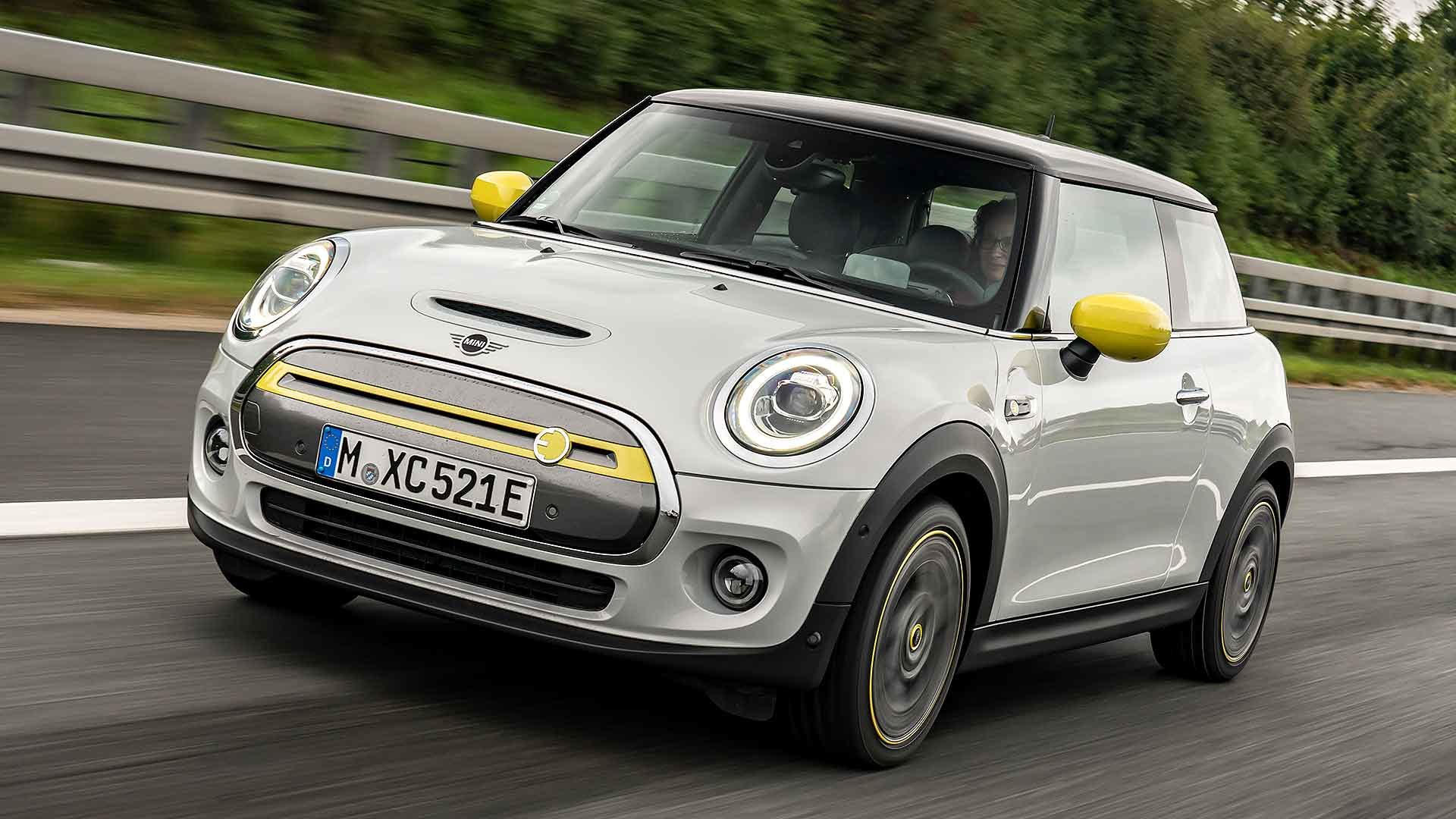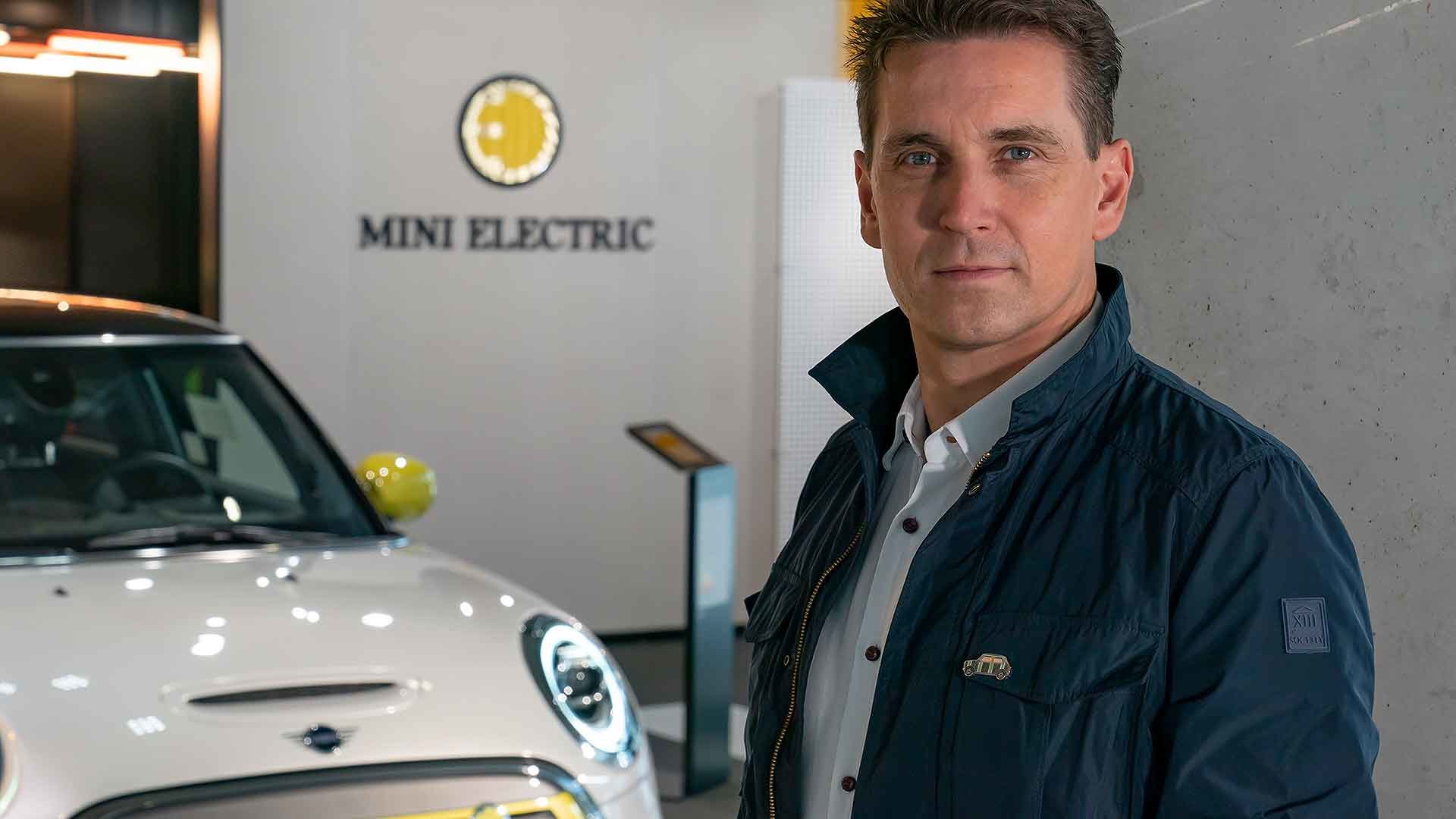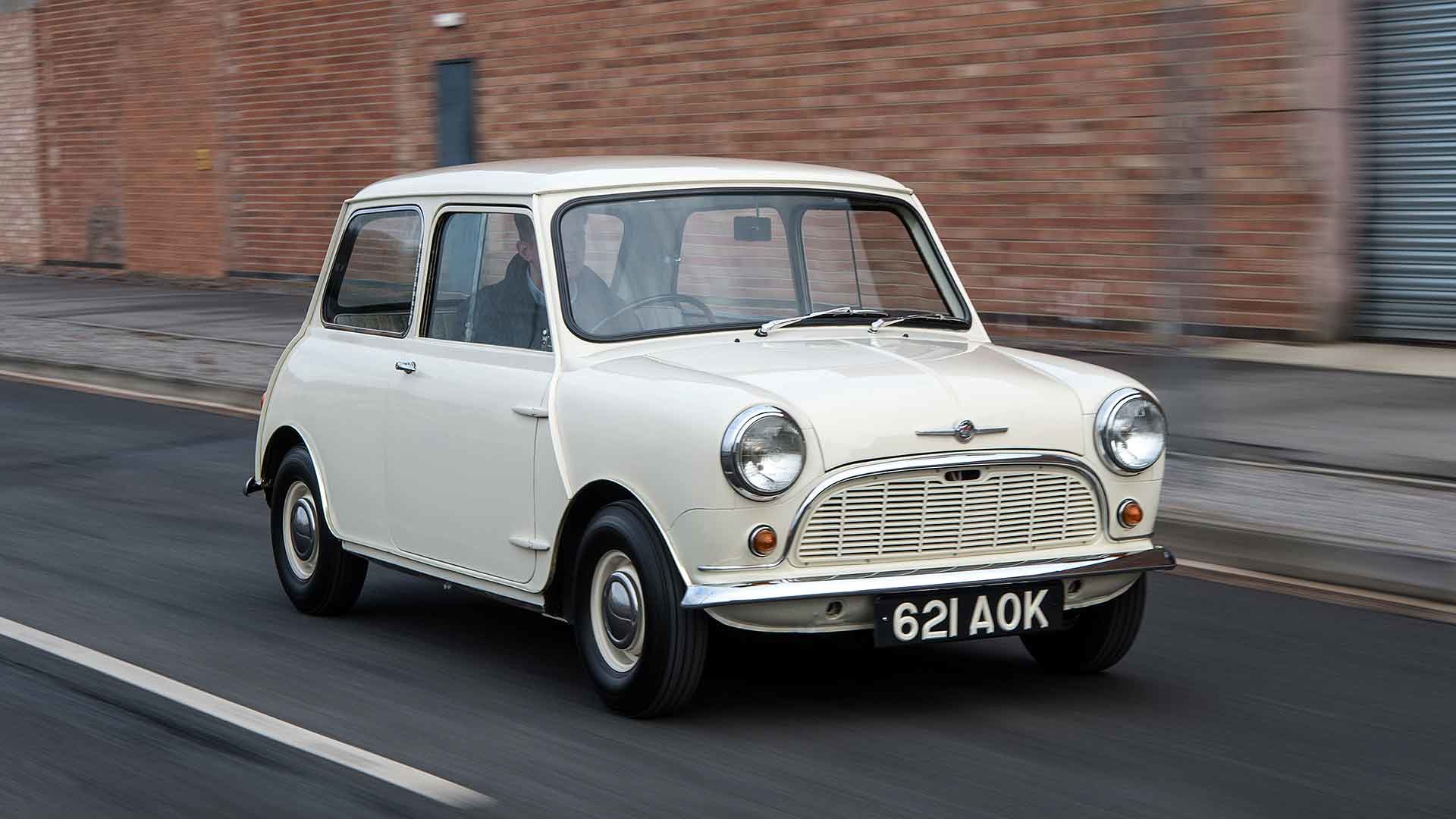
Mini has confirmed plans to build two new electric crossover SUVs in addition to an all-new 100 percent zero emissions version of the core three-door Hatch.
The British brand will also start building battery electric vehicles in China from 2023, to meet growing demand in the world’s largest new car market.
Currently, one in 10 new Minis are sold in China and the brand plans significant expansion in the region.
It will, however, maintain production at other facilities, including Mini Plant Oxford in the UK.
The realignment of the Mini brand around electric and electrified models is part of plans to target new customers and sales markets, said head of Mini, Bernd Korber.
“Mini was always the answer to very special challenges relating to individual mobility… this willingness to reinvent the status quo continues to shape the brand to this day.”

The future of Mini
Mini’s future electric line-up will comprise a replacement for today’s Mini Electric three-door Hatch, a small pure electric SUV, plus an additional larger crossover SUV.
While the future Mini Hatch, Mini Clubman and Mini Countryman replacements will also be offered with petrol and diesel engines, the new small SUV will be exclusively pure electric.
There is speculation the next-generation BMW i3 electric car could also be derived from it.
Unlike small car brand Smart, Mini is not going all-electric, said Mr Korber. Not all global regions are ready for pure electric vehicles, he insists, so petrol, diesel and plug-in hybrid versions will still be offered.
“We are pursuing the ‘power of choice’ approach… to create the conditions for further growth in global automotive markets.”
Biggest Mini yet
Mini is also planning a larger all-new SUV model for the premium compact segment. This would sit above the Mini Countryman.
Mr Korber has previously said such a vehicle won’t be as large as a BMW X3 (it will likely be BMW X1-sized), but will offer more space than the current range, to meet demand in markets such as North America.
Mini is going to remain Mini though, Mr Korber insists. “It is part of our responsibility to the brand and the community to preserve the unique character of Mini.

“Every new model from our brand in the future will still be unmistakably a Mini.”
Even the new premium crossover will therefore still have the smallest footprint in its sector.
Since being relaunched by BMW, four million new Mini models have been produced, the majority of which have been built at Plant Oxford. Mini currently delivers vehicles to more than 100 global markets.
The Mini Clubman family hatch and Countryman small SUV will remain core vehicles. Today, 40 percent of all new Minis sold are a Clubman or Countryman.
Impressively, five percent of current Mini sales are the high-performance John Cooper Works line.
Meanwhile, the introduction of the Mini Electric has doubled Mini’s electrified market share to 10 percent so far in 2020.
ALSO READ
The history of the modern Mini